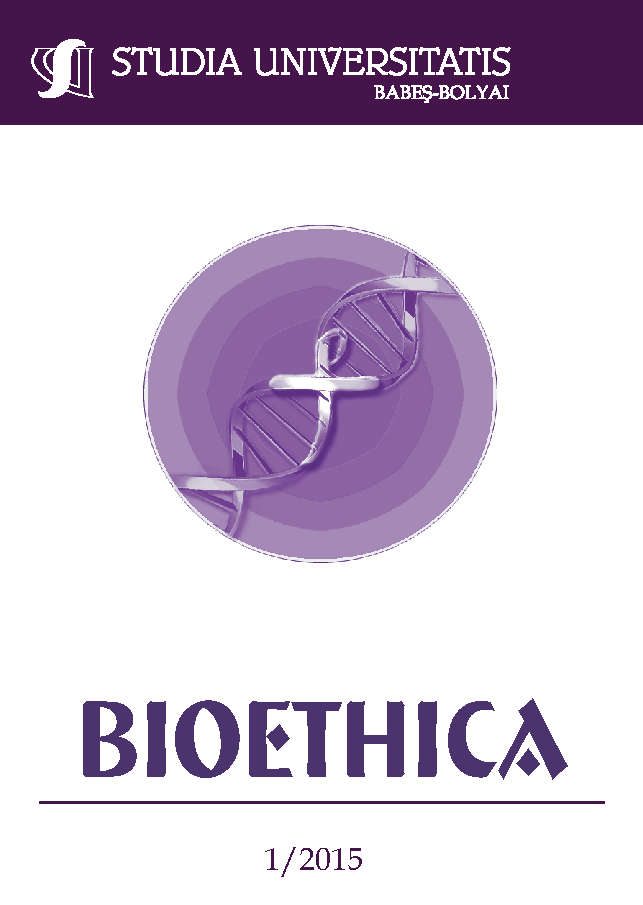BIOETHICS AND TEACHING ETHICS IN UNITED STATES OF AMERICA. INTERVIEW WITH NADA GLIGOROV, ASSOCIATED PROFESSOR TO MOUNT SINAI UNIVERSITY, NEW YORK, US
Abstract
Question 1: “What is, in your opinion, the definition of a bioethicist? What exactly does a bioethicist do in the US context?”
Bioethics is an interdisciplinary field and bioethicists in the US can come from a variety of different backgrounds; they can be philosophers, lawyers, medical professionals, and clergy from a variety of different denominations. Depending on their background, bioethicists can serve a variety of different roles. In the U.S. philosopher bioethicists who work in philosophy departments might primarily do academic work, i.e., teach about and write on topics in bioethics. If they work in academic medical centers, they might assume additional roles, such as serving as ethics consultants or they might serve as members of ethics committees. Bioethicists who are non-philosophers and who work in academic medical centers will also consult on ethical issues as they arise in medical practice and research. In medicine such consultation might take different forms, they might occur at the bedside or as part of an ethics committee. In research, bioethicists might be members of Institutional Review Boards (IRBs) (in the US IRBs review and approve all studies that use human participants), but there is also an effort to establish research ethics consultation services which would make ethical consultants available to researchers throughout all of the stages of research - starting from conception and design to participant recruitment.
Downloads
Published
How to Cite
Issue
Section
License
Copyright (c) 2015 Studia Universitatis Babeș-Bolyai Bioethica

This work is licensed under a Creative Commons Attribution-NonCommercial-NoDerivatives 4.0 International License.






